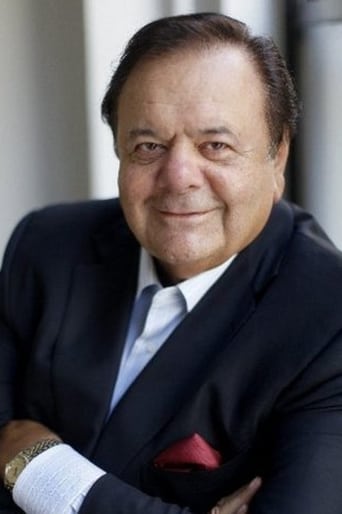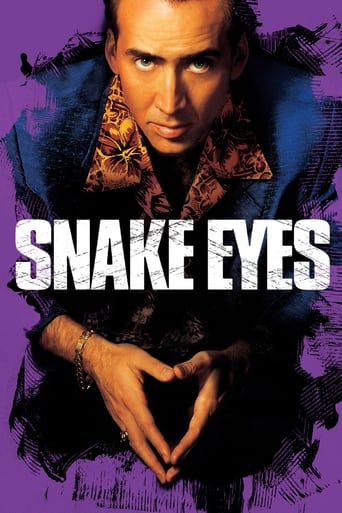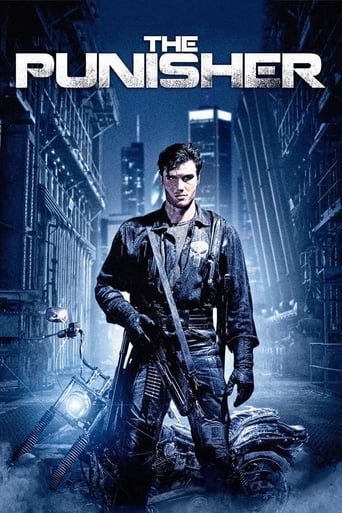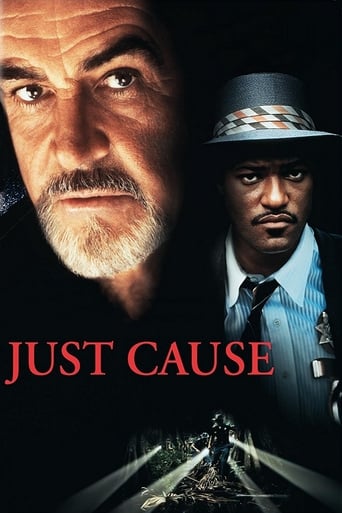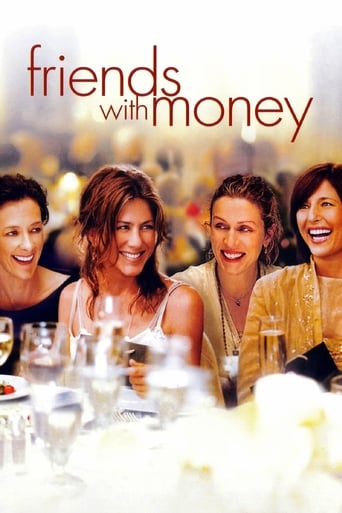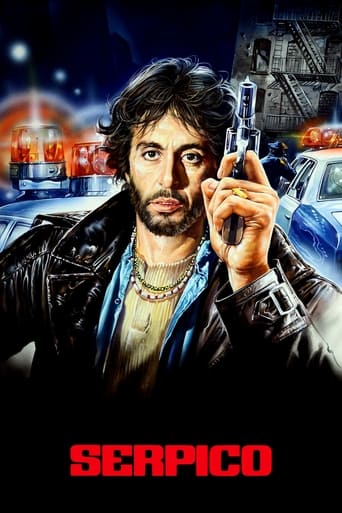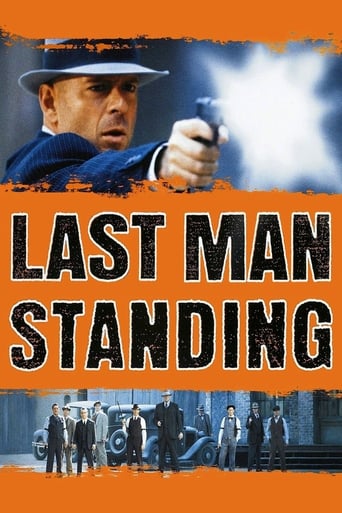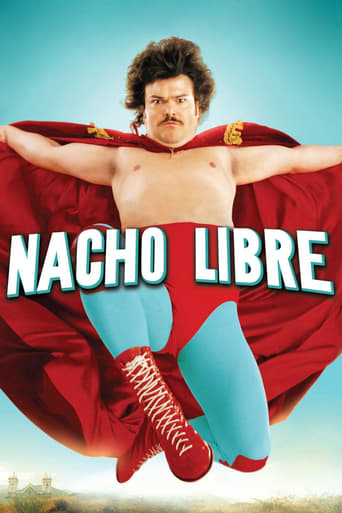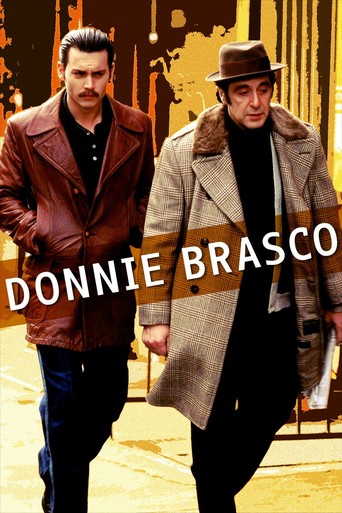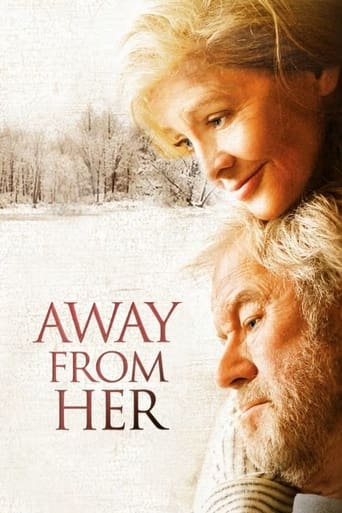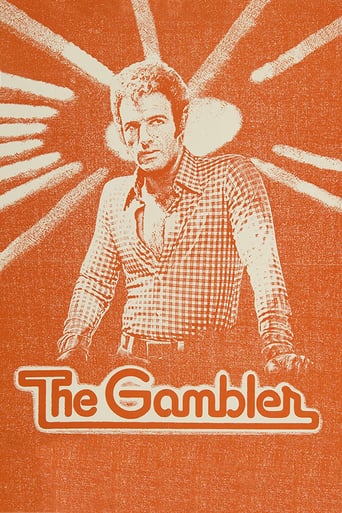

 Watch Now
Watch Now





The Gambler (1974)
 Watch Now
Watch Now





New York City English professor Axel Freed outwardly seems like an upstanding citizen. But privately Freed is in the clutches of a severe gambling addiction that threatens to destroy him.
Watch Trailer
Cast


Similar titles
Reviews
Expected more
Although it has its amusing moments, in eneral the plot does not convince.
It’s sentimental, ridiculously long and only occasionally funny
One of the film's great tricks is that, for a time, you think it will go down a rabbit hole of unrealistic glorification.
English Literature Professor Axel Freed has a gambling addiction that led him to having enormous amounts of debts in The Gambler.This drama stars James Caan,who is better known as Sonny Corleone in The Godfather,as Freed together with Paul Sorvino and Lauren Hutton.This film written by James Toback and directed by Karel Reisz takes a personal examination of a gambler.This is definitely on great character-driven film that has been overlooked in the 1970's.Credit goes to James Caan for commanding performance as Axel Freed.He keeps us interested throughout the film as we get to see him try to take actions to pay the gambling debts that he owe and try to somehow overcome his love for gambling but to no avail. Then,we get to see a great story of a man whom the viewer will definitely empathize and could definitely relate as a person try to battle a weakness that he currently has in life.While the movie may have been shown more than forty years ago,the message that it provides remains timeless and currently especially for people battling not only love for gambling but all types of addictions whether be alcohol,drugs or sex.
An exceptional film directed by Karel Reisz and written by James Toback. James Caan is a well-bred college professor & scion of a wealthy family who also happens to be a degenerate gambler. Owing over $40,000 to a bookie, he gets himself into more trouble when he gambles away the pay back money his mother gives him. Caan is exceptional in what has become an iconic role for him, though it's a bit of a stretch to take him seriously reading William Carlos Williams and Dostoevsky to his class. Nevertheless, it's a serious study of a gambler in way too deep and Toback's script is one his best. The excellent cinematography is by Victor J. Kemper and the supporting cast includes Lauren Hutton, Paul Sorvino, Jacqueline Brookes (as Caan's doctor mother) and Morris Carnovsky. A lot of great character actors are in it too: Burt Young; James Woods; M Emmett Walsh; Vic Tayback.
Just about everyone who has posted a reply about the shocking ending was simply left too much in the dark to realize that it tied together a different root demise of Axel Freed than gambling.Just as a compulsive behavior leads to compulsive gambling, the root evil of Axel Freed was that he had a masochist behavior. When you look a little closer at all the scenes where he acts out this kind of behavior, it makes more sense. The problem lies in that the casual observer is only looking at the problem gambling aspect. There is more to this guy than just that.The ways he handles his relationships with his mother, girlfriend, grandfather and feelings at the end towards the basketball player ALL indicate there is masochist behavior involved. These are more than just selfish acts. There is some actual self hatred going on as well. Without giving away the final scene, this scene further accentuates the point by sending himself into that situation. The final scene was a conscious act, not something resulting from random chance or risk.So despite the movie having some gambling theme to it, this really wasn't necessarily about gambling addiction. It was about the nature of Axel Freed. If the movie had no gambling scenes in it at all this point would be more readily identifiable.The only real oddity in the final scene is the placement of the final scene. If this scene was placed somewhere in the middle of the movie, the underlying theme of his masochist pattern of behavior would have been more easily identified with. Because the movie started with a gambling scene, we all assumed it was just about gambling. Wrong!Its a tricky concept to catch the first time. Watch this movie again with this concept in mind and the movie will make more sense.
Those viewers who wished a happy ending (and that's what they're really saying when they find the movie's ending scene weak/disquieting/unfulfilling/whatever) don't really understand the nature of degenerate gambling.And that's what this man is. Let's (as all gamblers do) put some %'s to it: arbitrarily I'll say 95% of habitual bettors play for the kick, the high, the thrill of the unknown outcome -- sports betting, casino betting, the turn of a card, they're all the same. Their motto of life might be, "If it moves, bet on it; if it doesn't, eat it." It isn't the win that's satisfying to them, or the money won -- because, you see, there's always the next game to get down on. Both a win or a loss is quickly forgotten, adjusted to, and forgotten. The next play is the only important one. Yet, to some extent or another, they keep it manageable, within the scope of their lives.Then there are the other 5% -- the really degenerate gamblers. Now to these guys (never heard of a female degenerate gambler, did you?) it's NOT the action they crave. It's the LOSS. Make sense? Of course not, because you're probably reading this as a rational human being, and self-destruction is hard to get inside of.But that's what this story is all about -- one of the 5%'ers.To an experienced sports bettor, the scenes like the indelibly memorable tub scene are all too powerfully true. How a win turns to a loss in the last second happens all too often. And how COULD those 3 college hoops games all go south, when they all had big leads at the half?? But examine two key turning points in the story: for dramatic impact, the writer imbues the protagonist with somewhat unlikely powers of recovery -- the Vegas comeback is the stuff of dreams, and the fix on the NYU game, keeping it under 7 points when all was lost with a minute to go -- those contrivances were needed to show the magnitude of this guy's disease. Had he been just a steady loser, he couldn't rise to the heights necessary to fall so far. Not once, but twice, he made a full recovery from the debts he owed. Yet he couldn't learn from it -- hell, he couldn't even take one night to sleep in peace.No, his desire for self-destruction had to be played out as it was, in a lurid hell far worse than casinos or calling the book again. He needed the self-degradation that only a Harlem pimp-fight could give him.I found the ending fitting, un-sentimentalized, and perfect for this unblinking portrait of a man who couldn't be satisfied until he'd thoroughly debased himself.Substitute a down-and-out drunk for the gambling addiction, and the story's been told many times. This should be assigned viewing in every GA meeting.




